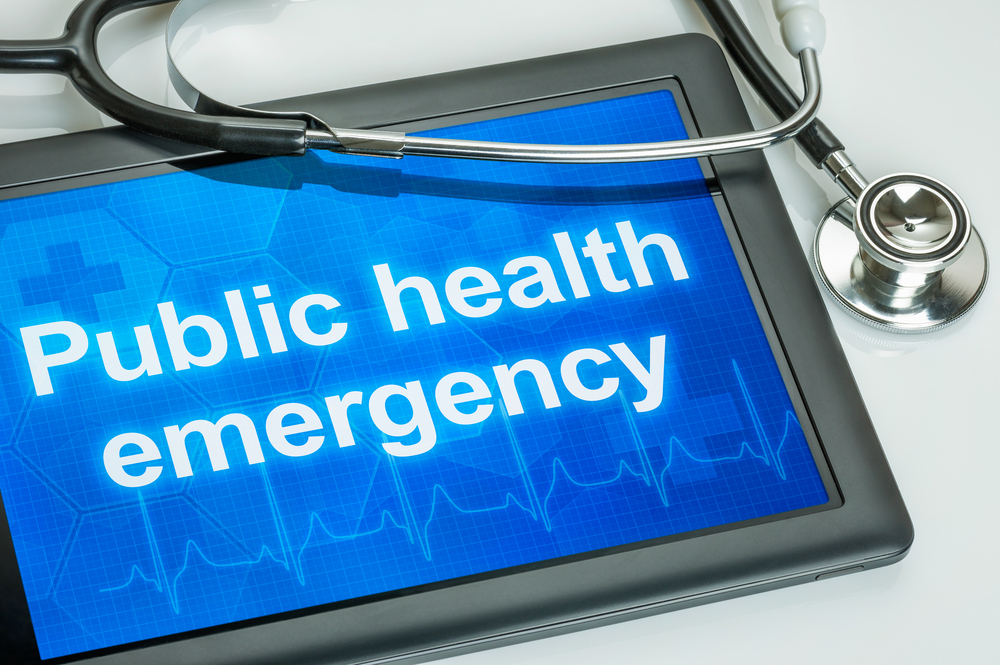
A bill was introduced in the U.S. Senate last week that would create a permanent fund to respond more quickly to public health emergencies.
The Public Health Emergency Response and Accountability Act (S. 3309) would provide automatic funding for the existing Public Health Emergency Fund based on a formula that is similar to the budget authority provided for FEMA. These funds would be available for response after an infectious disease outbreak, bioterrorist attack, or some other disaster or public health emergency declared by the Health and Human Services Department. Further, the funds would carry emergency authorities to the agencies that use them, including transfer authority, flexible hiring, exemption from certain administration restrictions, and flexible contracting authorities to enable a timely response.
“When public health emergencies like the coronavirus occur, the United States should be prepared to respond quickly and effectively,” Sen Marco Rubio (R-FL), one of the bill’s sponsors, said. “This legislation would ensure that the United States is equipped with the necessary funding to protect our citizens when future public health emergencies occur.”
It was also sponsored by Sens. Bill Cassidy (R-LA), Brian Schatz (D-HI), Dick Durbin (D-IL), Tina Smith (D-MN), and Angus King (I-ME).
When public health emergencies such as Zika, Ebola, and the coronavirus arise, the response has been similar in each case – an outbreak is reported, public fear rises, and Congress is scrambling to get funding to combat the threat. However, as media coverage fades, public concern subsides, which can lead to dangerous repercussions to public health.
A better approach would be to implement a permanent ability for federal response agencies—including the Assistant Secretary for Preparedness and Response (ASPR), the Biomedical Advanced Research and Development Authority (BARDA), the Centers for Disease Control and Prevention (CDC), the Food and Drug Administration (FDA), the National Institutes of Health (NIH), and other federal departments – to respond proactively and get ahead of infectious diseases and other public health emergencies before they get out of control.




